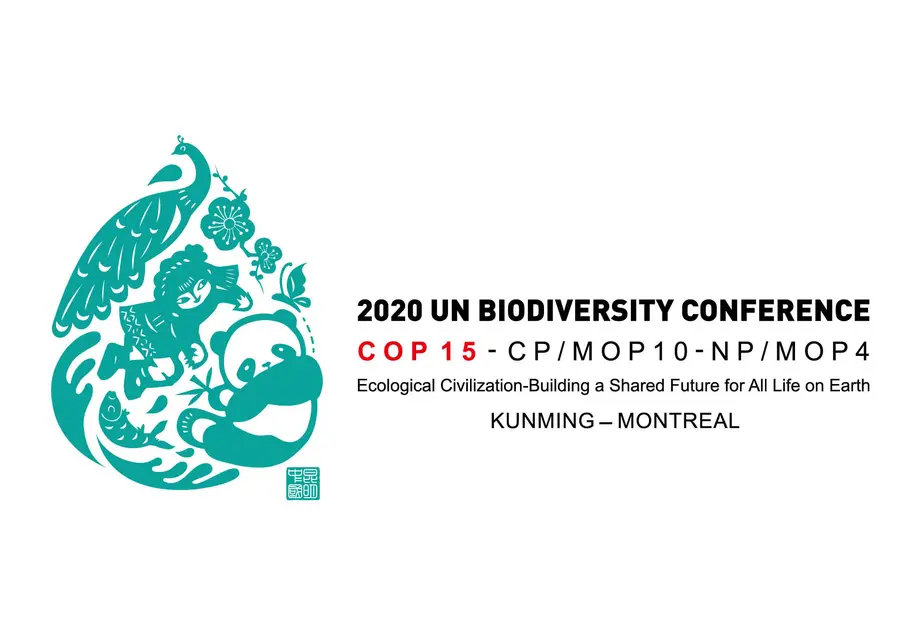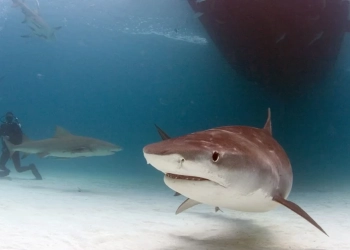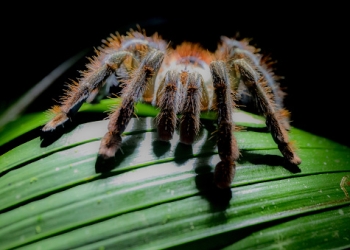The United Nations bicameral conference of negotiators, which is scheduled to finalize decisions on the future of biodiversity protection and funding for developing nations, has not resolved most of the key issues around protecting the world’s nature by 2030.
The COP15 conference focused on finding a common language to protect 30 percent of the marine and land area by 2030. They’ve called it “30 by 30” goals which are very important to achieve to save marine life.
However, at present, only 10 percent of marine and 17 percent of land are protected, which is not enough to reach the goal.
Communication is always a challenge, but Canada‘s Minister of Environment and Climate Change, Steven Guilbeault, told the members Saturday morning that communication has finally broken the ice that has blocked the path to reaching a deal.
With greater support from 190 countries, hopes are high for greater protection of the environment and biodiversity.
The ministers and state officials from about 190 countries mostly agree that these efforts should be considered a priority, with many of them comparing those talks to climate talks which wrapped up at the end of last month in Egypt.
First of all, they have to set amounts of funding that would go to financing projects to protect and restore natural areas. The draft report calls for completing a $700 billion void in financing by 2030.
A big part of that would come from reforming subsidies in the agriculture, fisheries, and energy sectors. However, many are calling to get billions of financing from the rich countries that’ll reach the poor nations to support the biodiversity programs.
Even as governments debate over the percentage of untouched land that should be protected, conservationists remain wary.
Some countries want to water down language and make it possible for logging and mining to go on in those areas, which could lead to destruction.
That’s why some countries are pushing for the language not to reference the 70% of untouched land that would get the protection that conservationists want.
When it comes to sharing the benefits of genetic resources, there are disagreements between Indigenous groups and the public, including other governments.
Some Indigenous groups will want access to funds and also require a voice when decisions about protected areas that affect them are being made.
One of the challenges to transparency and follow-through is language. This can be seen in the Paris Agreement on climate change, which says there needs to be a stronger system to report and verify countries’ progress.
When there was no complete picture of what was going on internationally, only six of the 20 targets were met by 2020.
Species are going missing at an alarmingly high rate, largely owing to global climate change, habitat loss, and pollution. Humans use about 50,000 species routinely, and one out of five people globally rely on these species for food or cash.
In 2019 alone, an estimated a million species faced extinction worldwide, at a rate 1,000 times higher than what was expected.











